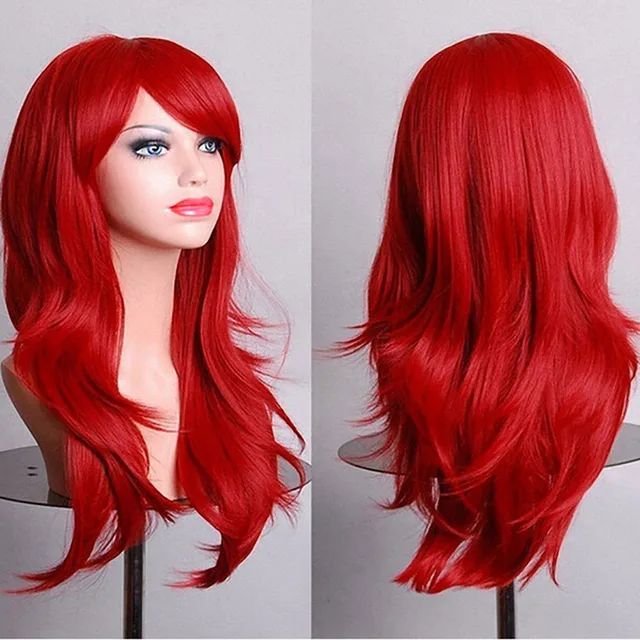Trade data released by Observatory of Economic Complexities (OEC) has revealed that out of the $2.6 billion spent by Ghana on the importation of 14 products in 2021, $226 million was spent on fake hair (wigs).
The other items include rice – $552million, poultry – $410million, palm oil – $289million, mosquito coil and insecticides – $260million, used clothing- $214million, sugar – $185million, Processed Fish – $128million, Tea – $128million, Guts, bladders and stomach of animals – $65.7million, soaps and detergents – $41.2million, onions – $33.1 million, brooms – $26million, margarine – $11.7million.
The government of Ghana recently attempted to restrict the importation of some 22 products, including most of the 14 items above but met stiff opposition.
The Legislative Instrument (LI), which was supposed to impose the restrictions had to be suspended to allow more consultation with all stakeholders.
It has also emerged that the International Monetary Fund (IMF), as part of the three-year $3-billion extended credit facility to Ghana, has instructed the government of Ghana against any such import restrictions between 2023 and 2026.
As part of the conditionalities, the IMF said on page 76 of the document that there would be “no imposition or intensification of import restrictions for balance of payments reasons”.
It is one of the four prohibitions imposed by the IMF on the government of Ghana, including “no imposition or intensification of restrictions on making payments and transfers for current international transactions”, “no introduction or modification of multiple currency practices” and “no conclusion of bilateral payments agreements inconsistent with Article VIII of the IMF Articles of Arrangement”.









































